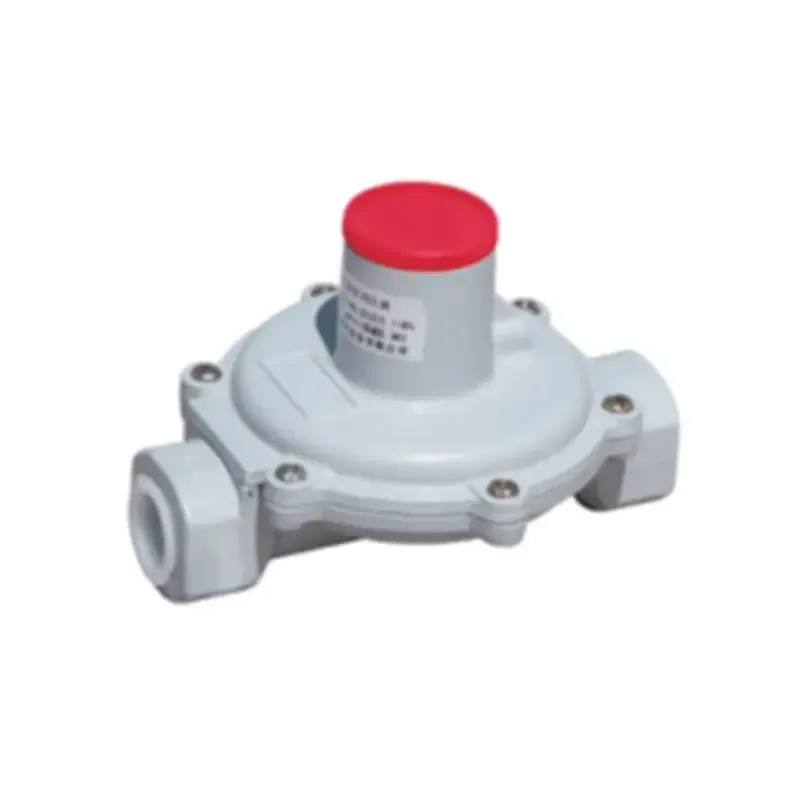
Nov . 06, 2024 08:24
Back to list
Pressure Pipe Systems and Their Applications in Modern Engineering Practices
Understanding Pressure Pipes Importance, Types, and Applications
Pressure pipes play a crucial role in various industrial and municipal applications, transporting fluids under pressure. Their design, material selection, and maintenance are of paramount importance to ensure safety, efficiency, and longevity in their operations. This article aims to explore the significance, types, and applications of pressure pipes, providing a comprehensive insight into this essential infrastructure component.
Significance of Pressure Pipes
Pressure pipes are engineered to withstand internal pressure exerted by the fluid flowing through them. Their primary purpose is to transport water, gas, petroleum, and other fluids in systems where maintaining pressure is crucial for functionality. Improper handling or failure of these pipes can lead to catastrophic consequences, including leaks, bursts, or even explosions, potentially harming the environment and public safety. As such, understanding the properties and behaviors of pressure pipes is essential for engineers, maintenance personnel, and regulators alike.
Types of Pressure Pipes
There are several materials used in the construction of pressure pipes, each with distinct properties suited for different applications
1. PVC (Polyvinyl Chloride) Pipes Commonly used for water distribution and drainage, PVC pipes are lightweight, corrosion-resistant, and cost-effective. They are ideal for low-pressure applications but can limit use in high-temperature conditions.
2. HDPE (High-Density Polyethylene) Pipes Known for their flexibility and resistance to chemicals, HDPE pipes are widely used in gas distribution and water supply systems. Their ability to handle high pressures and resist corrosion makes them a popular choice for various applications.
.
4. Ductile Iron Pipes Used primarily for water supply, ductile iron pipes combine strength and flexibility. They are coated to resist corrosion and are suitable for high-pressure applications where shock resistance is needed.
أنبوب الضغط

5. Copper Pipes Frequently used in plumbing and HVAC systems, copper pipes are excellent for carrying hot and cold water. Their antimicrobial properties make them a safe choice for potable water but are more expensive compared to other materials.
Applications of Pressure Pipes
The applications of pressure pipes are diverse and span across various industries
- Water Supply Systems Pressure pipes are the backbone of municipal water supply systems, ensuring safe and reliable water delivery to homes and businesses.
- Gas Distribution In the natural gas industry, sturdy pressure pipes transport gas from processing plants to end-users, maintaining safety and pressure requirements.
- Oil and Gas Transportation High-pressure pipelines are essential for transporting crude oil and natural gas over long distances, requiring robust materials and technologies to prevent leaks and ruptures.
- Industrial Applications In manufacturing and processing plants, pressure pipes carry a variety of fluids used in production processes, requiring careful selection based on chemical properties and pressure ratings.
Conclusion
In summary, pressure pipes are a vital component of modern infrastructure, facilitating the safe and efficient transport of fluids across various applications. The selection of appropriate materials and regular maintenance are crucial to ensure their integrity and functionality. As industries evolve and demands increase, advancements in pressure pipe technology will continue to play a significant role in achieving safety and sustainability in fluid transport. Understanding the dynamics of these pipes helps mitigate risks and enhance operational efficiency, ultimately benefiting society as a whole.
Next:
Latest news
-
Safety Valve Spring-Loaded Design Overpressure ProtectionNewsJul.25,2025
-
Precision Voltage Regulator AC5 Accuracy Grade PerformanceNewsJul.25,2025
-
Natural Gas Pressure Regulating Skid Industrial Pipeline ApplicationsNewsJul.25,2025
-
Natural Gas Filter Stainless Steel Mesh Element DesignNewsJul.25,2025
-
Gas Pressure Regulator Valve Direct-Acting Spring-Loaded DesignNewsJul.25,2025
-
Decompression Equipment Multi-Stage Heat Exchange System DesignNewsJul.25,2025

